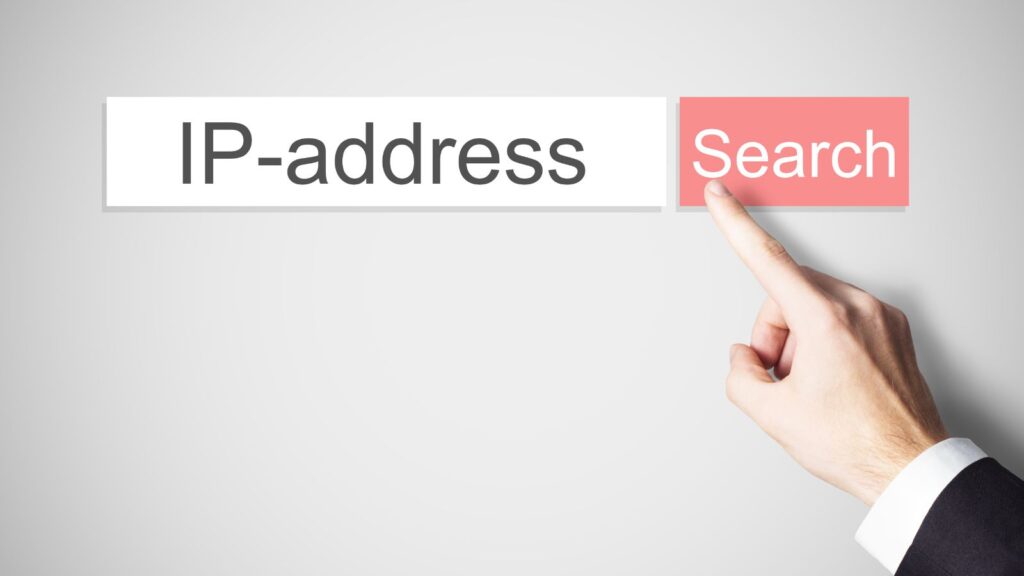Today, the phrase front end developer for hire is more relevant than ever. The demand for skilled software developers continues to rise, and companies increasingly turn to remote interviews to find the right talent.
This shift has brought about new dynamics and challenges that employers and candidates must navigate. Our article will explore the key aspects of the remote interview process that matter most to modern software developers.
Preparation for Remote Interviews
Research the Company
Before the interview, candidates must thoroughly research the company. This includes understanding the company’s culture, mission, products, and technologies. Familiarizing oneself with these aspects helps tailor responses to align with the company’s values and requirements.
Technical Preparation
Candidates should ensure they are well-prepared for technical questions and coding challenges. This may involve reviewing common algorithms and data structures, practicing coding problems on platforms like LeetCode or HackerRank, and refreshing knowledge on specific technologies and frameworks mentioned in the job description.
Setting Up the Environment
A well-prepared interview environment can significantly affect how smoothly the interview proceeds.
- Choosing the right space. It is essential to choose a quiet and distraction-free area. Ensure good lighting and a professional background, and arrange comfortable seating.
- Technical setup. Ensure a reliable internet connection, microphone, camera, and necessary software are installed and tested.
Key Elements of a Successful Remote Interview
Clear Communication
Effective communication is crucial in a remote interview. Candidates should articulate their thoughts clearly and concisely. This includes speaking at a moderate pace, avoiding filler words, and ensuring responses are structured and relevant.
Demonstrating Problem-Solving Skills
Employers value candidates who can demonstrate strong problem-solving abilities. Explaining the thought processes out loud during coding challenges or technical questions is important, as breaking down problems into smaller, manageable parts and discussing different approaches before deciding on a solution.
Interview Environment
Creating a Professional Atmosphere
A professional interview environment reflects the candidate’s seriousness and readiness. This includes dressing appropriately, minimizing background noise, and ensuring the background is tidy and free from distractions.
Technical Preparedness
Technical issues can disrupt the flow of an interview. Candidates should test their equipment beforehand, have a backup plan in case of internet issues, and keep the interviewer’s contact details handy for emergencies.
Assessing Technical Skills
Coding Challenges
Coding challenges are a staple of technical interviews and serve as a direct way to evaluate a candidate’s practical skills. Candidates should be prepared to:
- Write clean and efficient code: Ensure the code is readable and follows best practices, such as proper naming conventions and modularization.
- Use appropriate data structures and algorithms: Select the most suitable data structures and algorithms for the problem, demonstrating a solid understanding of their time and space complexities.

- Optimize solutions for performance: Focus on creating incorrect and efficient solutions, with considerations for scalability and execution time. I explain the thought process behind optimization choices, including potential trade-offs. is beneficial
- Handle edge cases: Consider and address edge cases to show thoroughness and attention to detail.
System Design Questions
For senior roles, system design questions are common and essential to assess a candidate’s ability to architect complex systems. Candidates should be prepared to:
- Explain design choices: Clearly articulate why certain architectural decisions were made, such as specific technologies, design patterns, and frameworks.
- Consider scalability and reliability: Discuss how the system will handle increased load and ensure continuous operation. This includes strategies for load balancing, fault tolerance, and redundancy.
- Discuss trade-offs and alternatives: Acknowledge the limitations of the chosen design and present alternative solutions. Discussing the pros and cons of different approaches demonstrates a deep understanding of system design principles.
- Security and maintenance: Highlight considerations for security and ease of maintenance, including how the design can accommodate future updates and scaling.
- Real-world examples: Draw on experiences and examples to illustrate how similar design challenges were addressed in previous projects.
Evaluating Soft Skills
Communication and Collaboration
Soft skills are equally important as technical skills. Interviewers look for effective communication skills, teamwork and collaboration, adaptability, and problem-solving under pressure.
Cultural Fit
Understanding and fitting into the company culture is essential. Candidates should reflect the company’s values in their answers, show enthusiasm for its mission and vision, and ask insightful questions about its culture.
Post-Interview Process
Follow-Up
Following up after the interview is a good practice. Candidates should send a thank-you email expressing appreciation for the opportunity, reiterate interest in the position, and reflect on the interview to identify areas of improvement.
Feedback
Requesting feedback can provide valuable insights for future interviews. Candidates should politely ask for performance feedback and use it constructively to improve skills.
Challenges in Remote Interviews
Technical Difficulties
Technical issues can plague remote interviews. To mitigate this, candidates should test all equipment and software before the interview and have a backup plan for internet or hardware failures.
Lack of Personal Connection
Building a personal connection can be harder in remote interviews. To counter this, candidates should be personable, engage with the interviewer, use body language effectively, and show genuine interest in the role and company.
Ideal Practices for Remote Interviews
For Candidates
Preparation is key.

Research the company and role thoroughly, practice coding challenges and technical questions regularly, ensure a professional and quiet interview setting, and communicate clearly and concisely.
For Interviewers
Interviewers should provide clear instructions and expectations, offer technical support if needed, and try to build rapport with the candidate.
Conclusion
The remote interview process presents unique challenges and opportunities for modern software developers. Candidates can make a strong impression by focusing on preparation, creating a professional interview environment, and demonstrating technical and soft skills.
Conversely, employers can enhance the interview experience by providing clear guidance and support. Ultimately, a successful remote interview process benefits both parties, leading to better matches and successful hires.



